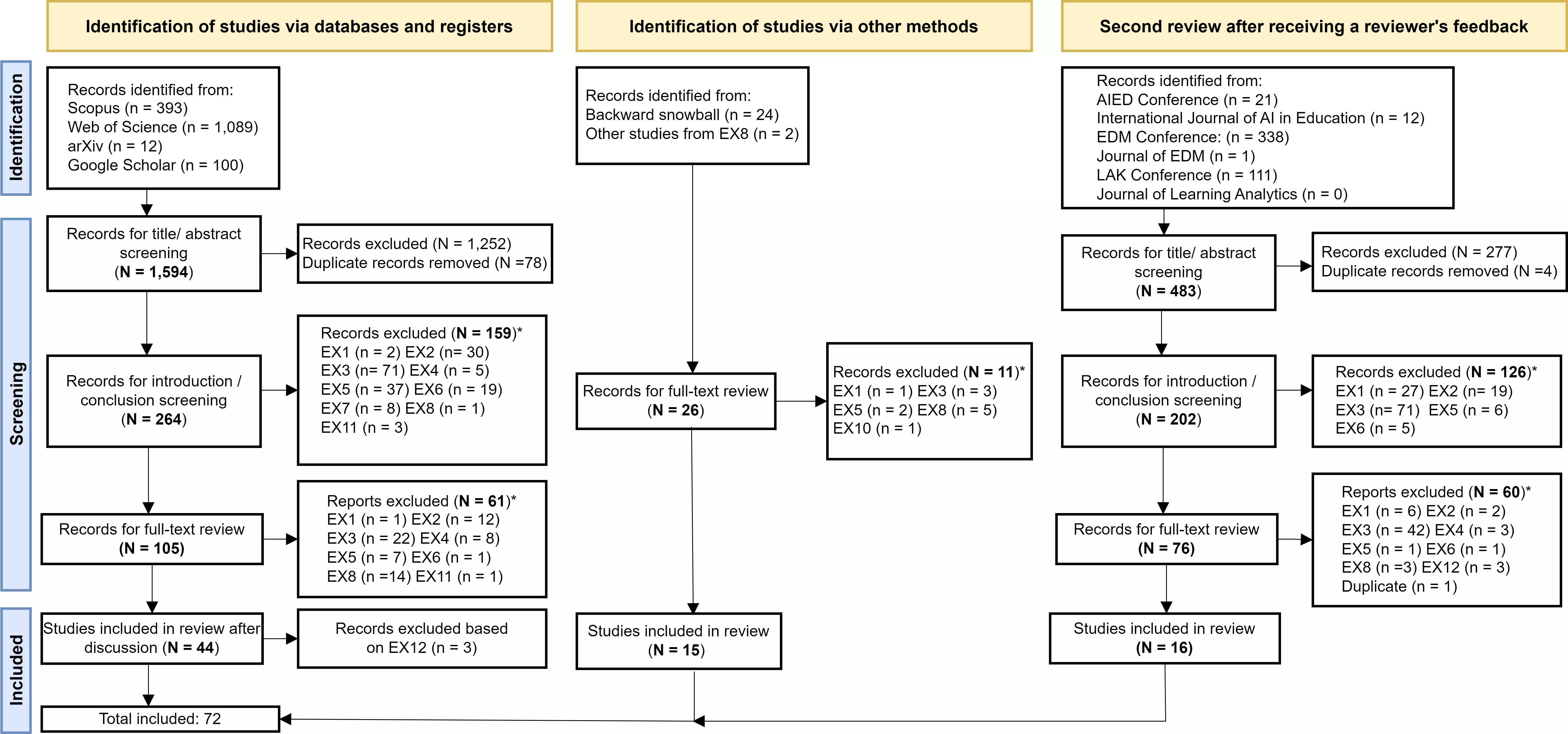New scoping review shows a lack of ethical considerations for students with disabilities in AI EdTech applications

ZHAW and UZH researchers (O. Pierrès, M. Christen, F. Schmitt-Koopmann, A. Darvishy) recently published the article Could the Use of AI in higher education hinder students with disabilities? A scoping review in IEEE Access.
The study investigated the following research questions:
To what extent are ethical concerns considered in articles presenting AI applications assessing students (with disabilities) in higher education?
What are the potential discrimination risks in using AI that assesses students with disabilities in higher education?
In total, 72 articles presenting artificial intelligence (AI) applications assessing students in higher education were analyzed. Results indicate a lack of ethical considerations for students with disabilities. Additionally, the study identifies eight potential risks for students with disabilities related to the choice of data, the decision type, and the involvement of stakeholders.
Among other things, the article invites researchers developing AI EdTech to integrate ethical considerations in their articles to show how risks were addressed and encourage the community to develop responsible AI EdTech.